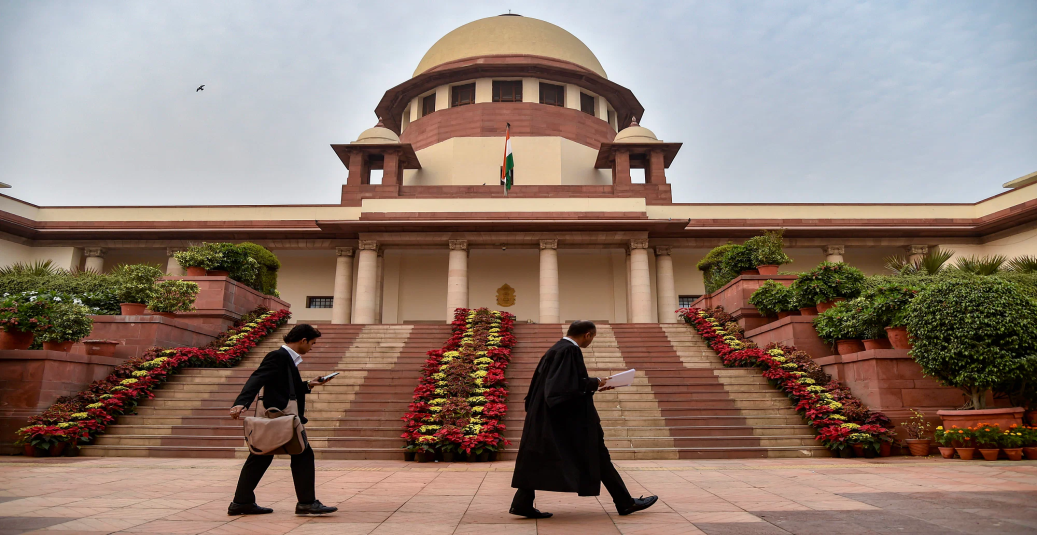Description

Copyright infringement not intended
Context - The Supreme Court of India tore into the "sealed cover jurisprudence" (sealed cover reports in court) practised by the government in courts.
Details
- The Supreme Court was critical about how the government and its agencies file reports in sealed envelopes directly in court without sharing the contents with the opposite party.
- This is usually done on the ground that the contents are highly sensitive in nature, and may injure even national security or public order.
- Another reason given by State agencies is that the disclosure would affect ongoing investigation.
About sealed cover jurisprudence
- It is a practice used by the Supreme Court and sometimes lower courts, of asking for or accepting information from government agencies in sealed envelopes that can only be accessed by judges.
- While a specific law does not define the doctrine of sealed cover, the Supreme Court derives its power to use it from Rule 7 of order XIII of the Supreme Court Rules and Section 123 of the Indian Evidence Act of 1872.
- It is stated under the said rule that if the Chief Justice or court directs certain information to be kept under sealed cover or considers it of confidential nature, no party would be allowed access to the contents of such information, except if the Chief Justice himself orders that the opposite party be allowed to access it.
- It also mentions that information can be kept confidential if its publication is not considered to be in the interest of the public.
Concern
- It is not favourable to the principles of transparency and accountability of the Indian justice system.
- It promotes arbitrariness in court decisions, as judges are supposed to lay down reasoning for their decisions, but this cannot be done when they are based upon information submitted confidentially.
- Not providing access to such documents to the accused parties obstructs their passage to a fair trial and adjudication.
https://timesofindia.indiatimes.com/india/we-will-look-into-this-sealed-cover-jurisprudence-says-sc/articleshow/91319416.cms














